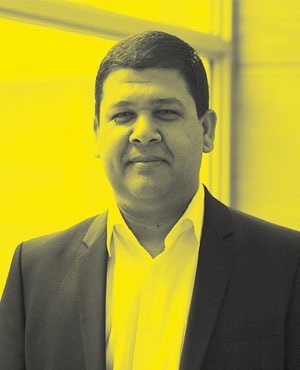
If you don’t have R1m a year in discretionary funds, don’t think about sending your child overseas to study. Well, certainly not to the well-known universities.
Despite the high costs, there has been a notable increase in the number of people making enquiries, and actually investing in, sending their children overseas to study.
Fees vary considerably, depending on where you plan to send your child to study.
Harvard tuition fees, for example, are just short of $45 000, and on its website it estimates total annual costs at $72 000 (R948 300) to $76 000 (just over R1m) including other fees and insurance, travel, accommodation, books and other extras.
If you went to the University of Canterbury in New Zealand, fees could be considerably lower – at NZ$23 800 (R219 000) to NZ$40 000 (R368 000).
According to Top Universities, rent or a student res, food, clothes, transport, telephone and internet, study materials and leisure activities could add over R120 000 a year. This does not include airfares or enrolment, confirmation and administration fees.
Anyone considering paying for overseas education should also make sure they can afford additional costs which include living costs, airfares, health and international insurance, visa applications, entrance tests and text books.
They also need to be aware that the fees they pay may be more than those paid by local residents and these fees may not be immediately obvious on the institution’s website.
If they are expecting their child to supplement the costs by working, there may be restrictions on how much paid work they are allowed to take on.
Galileo Capital director Warren Ingram says there has been a 30% jump from two to three years ago in clients wanting to include offshore education as part of their financial planning. But he warns this is something only the very wealthy should consider.
“We have clients’ children studying at universities, largely in bigger cities overseas, and the average cost all in will be about R1m per child per year.”
One of the big costs that often catch parents unaware is accommodation. They should expect to pay a lot more if the universities are in big cities.
Another is the sheer cost of living – clothes, food, transport and entertainment – simply due to the exchange rate, but also because the cost of living is so much higher in many of the world’s bigger cities, especially if one is focused on the more well-known universities.
Ingram says parents are often caught off-guard by the fluctuation in the exchange rate at the time demand is made for payment.
Craig Gradidge, executive director at Gradidge-Mahura Investments, says people wanting to fund overseas education should be aware that it can be “a moving target” depending on the exchange rate.
“More forward-thinking clients are not just thinking of university, and are making sure they have the financial means for a broader and more flexible approach, which means that they in principle save offshore, and as their children grow older and they get a sense of their interests and talents, they are able to make better decisions about currencies or whether they should send them to universities or other institutes.”
Gradidge says overseas education is not just for the very wealthy. Through products like those offered by Discovery and Allan Gray, parents can save on a monthly basis, in dollars. But they need to start early enough and need to save more if they are looking at the well-known universities.
“If you earn over R25 000 to R30 000 a month, you should be able to afford it.”
Liza Manoussis, owner of Global Education, which places students in numerous universities and vocational training institutes around the world, says parents can send their children to good overseas universities for between R300 000 and R500 000 a year and that right now, the UK is the cheapest.
There has been a 200% increase in the number of applicants over the past year, so there is a rapidly growing interest in studying overseas.
Ingram says parents should look into private universities in SA as another option.
“If they are looking for financial protection from protest action and volatility, they should consider private universities as they have considered private school tuition. Some of the private universities are linked to foreign universities or foreign-approved qualifications.”
He also advises that if parents are considering funding tertiary education overseas, they should “open their horizons quite wide and look at smaller countries and smaller towns to make it more effective”.
This article originally appeared in the 8 June edition of finweek. Buy and download the magazine here.




 Publications
Publications
 Partners
Partners











